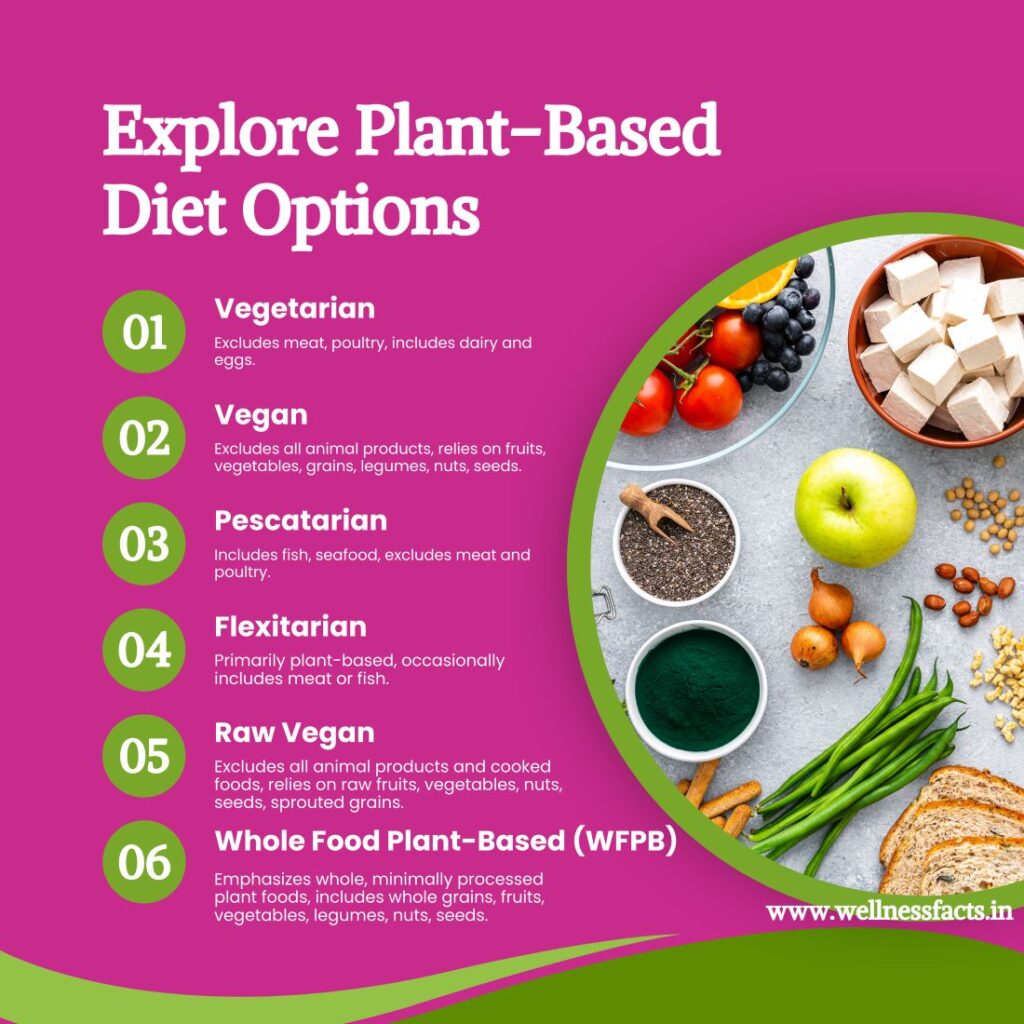Switching to a plant-based diet has gained popularity for its numerous health benefits and positive impact on the environment. Whether you’re considering a full transition or just curious about incorporating more plant-based meals into your routine, this guide will provide you with insights and practical tips to get started on your plant-based journey.
What is a Plant-Based Diet?
A plant-based diet focuses on foods primarily derived from plants, such as fruits, vegetables, whole grains, legumes, nuts, and seeds. It excludes or minimizes animal products like meat, dairy, and eggs. This dietary approach is rich in fiber, vitamins, and antioxidants, making it beneficial for overall health.

Benefits of a Plant-Based Diet
1. Improved Heart Health
Studies show that plant-based diets can lower cholesterol levels, blood pressure, and reduce the risk of heart disease.
2. Weight Management
Plant-based diets are often lower in calories and saturated fats, which can aid in weight loss and maintenance.
3. Enhanced Digestive Health
The fiber-rich nature of plant-based foods supports a healthy digestive system and may reduce the risk of conditions like constipation and diverticulitis.
4. Lower Risk of Chronic Diseases
Eating more plants has been associated with a decreased risk of type 2 diabetes, certain cancers, and other chronic diseases.
5. Environmental Sustainability
Choosing plant-based foods reduces carbon footprint and conserves water and other natural resources compared to animal agriculture.
Tips for Transitioning to a Plant-Based Diet
1. Start Gradually
Begin by replacing one or two meals per week with plant-based alternatives. Experiment with new recipes and gradually increase plant-based foods in your diet.
2. Focus on Whole Foods
Opt for whole grains like quinoa and brown rice, and include plenty of fresh fruits and vegetables. Incorporate a variety of colors to ensure a diverse nutrient intake.
3. Get Enough Protein
Plant-based protein sources include beans, lentils, tofu, tempeh, nuts, and seeds. Incorporate these into your meals to meet your protein needs.
4. Include Essential Nutrients
Ensure you’re getting enough vitamin B12, iron, calcium, omega-3 fatty acids, and vitamin D through fortified foods or supplements, as these nutrients are commonly found in animal products.
5. Stay Hydrated
Drink plenty of water throughout the day, and consider incorporating herbal teas and fresh juices for added hydration and nutrients.
Conclusion
Embracing a plant-based diet can offer numerous health benefits, from improving heart health to supporting sustainable living. By gradually incorporating more plant-based foods into your meals and ensuring a balanced nutrient intake, you can enjoy a healthier lifestyle while contributing to environmental conservation.
Start your plant-based journey today and experience the transformative power of plants!
